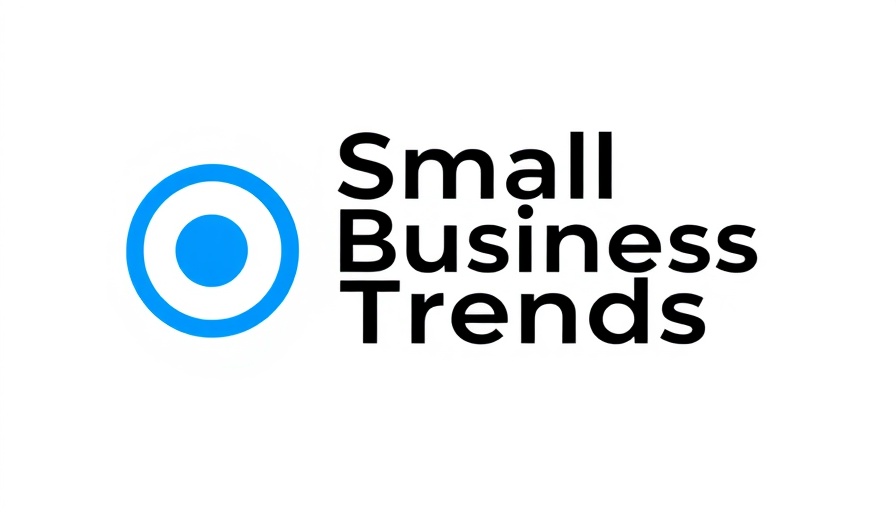
AI Revolutionizes Sales Efficiency: A Game-Changer in the Industry
The sales landscape is undergoing a radical transformation, driven primarily by the incorporation of artificial intelligence (AI). Recent findings from Pipedrive’s report, titled The Evolving Role of AI in Sales Workload Management, reveal that AI has evolved from a basic automation tool to an indispensable ally for sales professionals. The report emphasizes how AI enhances productivity, enabling sales staff to dedicate more time to activities that generate meaningful customer interactions and consequently, better results.
Understanding the AI Shift in Sales
According to Pipedrive, a staggering 80% of sales professionals either currently utilize AI or plan to do so imminently, showing a dramatic increase from just 35% at the beginning of 2024. This meteoric rise is indicative of the industry's recognition of AI's substantial role in reshaping how businesses operate. As Sean Evers, Pipedrive’s Vice President of Sales, stated, "AI is becoming the hardest-working assistant in sales,” effectively freeing professionals from time-consuming tasks such as data entry and CRM updates.
Key AI Capabilities Enhancing Sales Workflows
Pipedrive's study further illustrates the enhanced capabilities AI brings to sales teams. From streamlining data organization during sales calls to refining lead management, AI improves efficiency by allowing humans to focus on what they do best: nurturing relationships and closing deals. This perspective is echoed by insights from other industry leaders, including findings that most of today’s AI sales tools provide enhancements like sales pitch optimization, lead qualification, and even predictive analytics for understanding customer behavior.
The Future of AI in Sales: Empowering Professionals, Not Replacing Them
As AI integration continues its upward trajectory, implications for the sales workforce are profound. While some fear job displacement due to automation, the reality is that AI only augments the human element of sales. Many view AI not just as a tool, but as a vital partner in driving productivity. As one study highlights, a significant number of salespeople—over 65%—indicate that AI assists them in understanding their customers better by providing rich insights derived from customer interactions and historical data.
Emphasis on Quality Over Quantity
The shift towards AI has also ushered in a mindset change among sales teams, focusing on the quality of interactions over mere outreach volume. For many professionals, this means spending less time making numerous calls and more time developing strategies that foster meaningful connections. Sales managers, leading the AI adoption curve at 41%, recognize that high-quality engagements are essential for building long-lasting customer relationships.
Strategies for Leveraging AI Effectively
To capitalize on AI’s potential, sales teams need to implement several strategies:
- Integrate AI Tools: Utilize AI-driven platforms that assist in lead scoring, automated follow-ups, and customer sentiment analysis.
- Prioritize Training: Equip sales teams with the knowledge and skills needed to harness AI effectively, emphasizing the importance of combining technology with human insights.
- Focus on Personalization: Use AI to tailor customer interactions based on historical data and preferences, ensuring that every engagement feels unique and valued.
Conclusion: Embrace AI for Sales Success
As sales professionals navigate this evolving terrain, embracing AI as a strategic ally rather than an adversary will be key to staying competitive. The era of AI in sales is not about replacing human workers but enhancing their capabilities—empowering them with tools that allow for deeper connections and greater efficiency. For those ready to take the plunge, the continued advancement of AI presents opportunities to redefine the sales process for the better.
 Add Row
Add Row  Add
Add 

 Add Row
Add Row  Add
Add 



Write A Comment